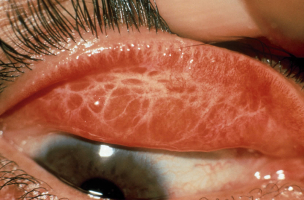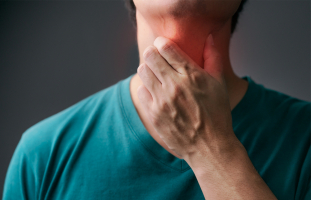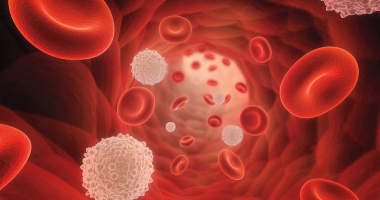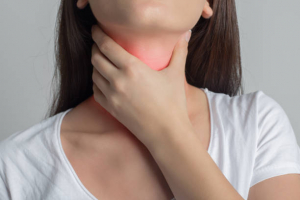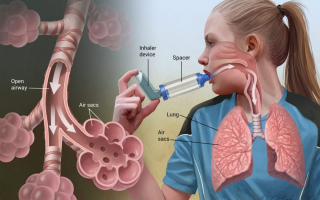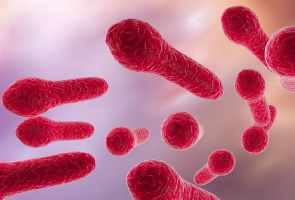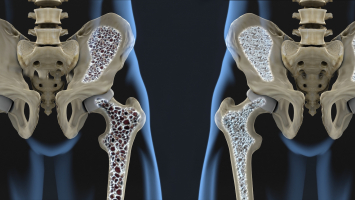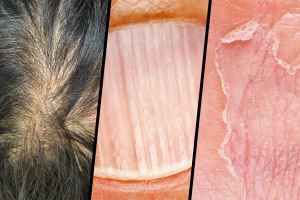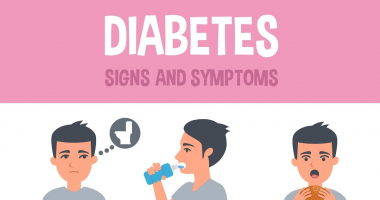Top 5 Signs and Symptoms of Oral Thrush
Oral thrush is an infection of the oral and pharyngeal candida that grows out of control in the lining of the mouth. Candida is a resident organism in the ... read more...mouth, but sometimes due to an imbalance in the microbial ecosystem in the mouth or due to a decrease in the body's resistance, it can overgrow and cause symptoms and cause a variety of diseases. Oral thrush can happen to anyone. If you're healthy, oral thrush is not a concern, but if you have a weakened immune system, it can become more serious and harder to treat. Therefore, early detection is necessary, you should refer to the article below for more information!
-
Normally, your immune system attempts to resist potentially hazardous invading species such as viruses, bacteria, and fungus while maintaining a balance of "good" and "bad" microorganisms in your body. However, sometimes the defensive systems fail, allowing candida to multiply and infect the mouth, resulting in oral thrush. On the tongue, creamy white spots emerge. Then it turns into yellow, green, and sometimes black areas, with necrosis in extreme instances.
Oral thrush is a condition that causes plaques to form on your tongue, inner cheeks, and occasionally on the roof of your mouth, gums, and tonsils, called creamy white lesions. They can have an unpleasant taste. Oral thrush can also be painful, especially when eating or drinking. This sign is not always present that you have oral thrush but in some special cases, this can be a warning for serious diseases that are hidden in the body that you have not discovered.
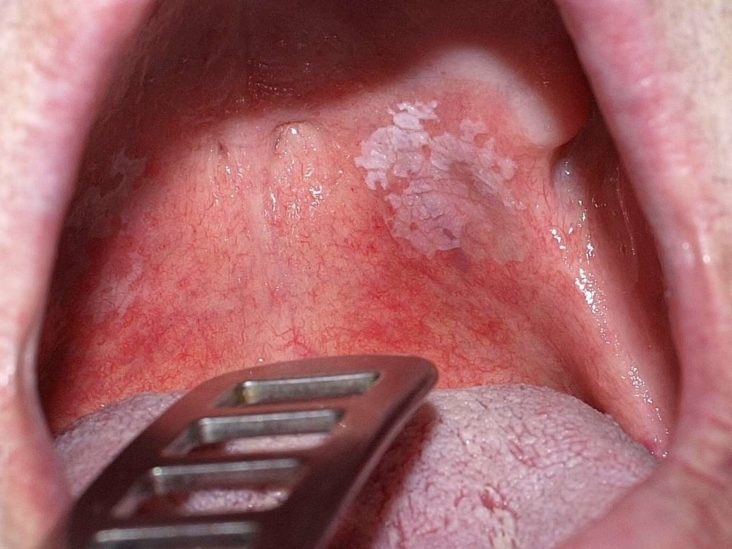
Creamy white lesions on your tongue, inner cheeks, and sometimes on the roof of your mouth, gums and tonsils 
Creamy white lesions on your tongue, inner cheeks, and sometimes on the roof of your mouth, gums and tonsils -
Oral thrush frequently has few symptoms in the early stages. Patients often experience a burning feeling in various areas of the tongue and minor itching. When the patient swallows saliva, they experience agony or scorching pain. The discomfort is worse by consuming solid, spicy, or hot meals. Sometimes you will find it difficult to swallow, tough foods. In severe cases, you can barely eat or drink.
Candida fungus proliferates fast and frequently produces the first symptoms in the oral cavity. Oral thrush can spread throughout the body and be fatal if not treated immediately. If you experience redness or soreness in your mouth that makes eating or swallowing difficult it is likely that you have oral thrush.
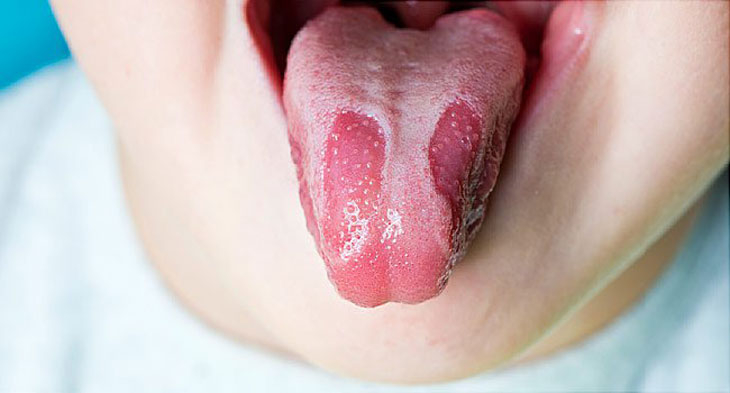
Redness, burning or soreness that may be severe enough to cause difficulty eating or swallowing 
Redness, burning or soreness that may be severe enough to cause difficulty eating or swallowing -
If you are generally healthy, oral thrush is a minor concern but if you have a weaker immune system, the symptoms of oral thrush can be more severe and difficult to treat. When Candida albicans bacteria infect your oral cavity, it will build on the oral mucosa, producing oral damage, and your oral cavity will become more sensitive than ever before.
Sometimes you experience a feeling of dry tongue or even slight bleeding if the lesions are rubbed or scraped. A fungal infection that spreads down the mouth and intestines affects nutrient absorption. If the patient has cancer or is immunocompromised, the fungus is more likely to spread to other regions of the body. As a result, you should consult a doctor as soon as possible to prevent the rapid spread of the fungus.

Slight bleeding if the lesions are rubbed or scraped 
Slight bleeding if the lesions are rubbed or scraped -
One day, you feel pain in your mouth cavity. When you look in the mirror, you notice white streaks on your tongue or the lining of your mouth, and you have the sensation of having a layer of cotton in your mouth. White layers will gather and form thick layers, especially if you do not carefully clean your mouth, making this expression more apparent. It will generate lumps and entanglements in your mouth, making you feel uncomfortable and even self-conscious about communicating.
Because each person's body is unique, you should speak to a doctor to create an appropriate treatment strategy. Dental problems, if not diagnosed and treated, can have major consequences on one's health and quality of life. Early detection and treatment will help you lower disease risk.
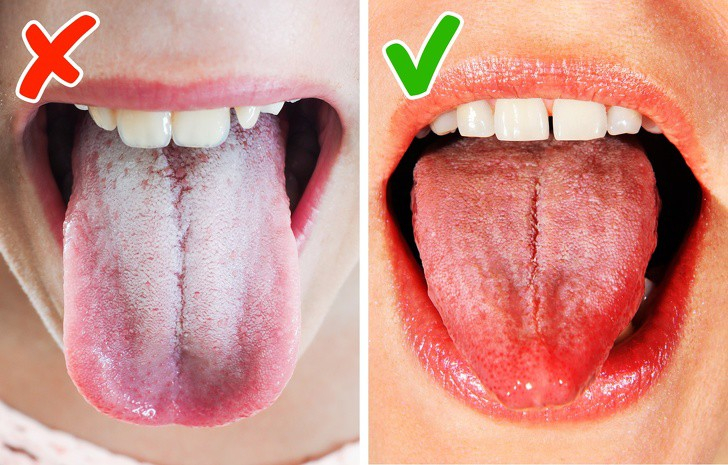
A cottony feeling in your mouth 
A cottony feeling in your mouth -
Taste is compromised caused by a variety of factors. Colds, flu, sinusitis, throat infections, and otitis media are examples of respiratory disease causes. Loss of taste is also another common sign and symptom of this form of oral thrush. Because loss of taste does not immediately affect the patient's health but has a greater impact on quality of life, many individuals choose to live with this rather than seek medical treatment. That leads to ignoring the symptoms of the disease, creating an opportunity for the disease to develop.
Because there is no longer an appetite while eating, loss of taste can create anxiety and depression. Patients will be weary as a result of a lack of energy and nourishment. So when you feel a loss of taste, not only because of oral thrush but for your own health, you should go to your doctor and listen to your doctor's advice!

Loss of taste 
Loss of taste








